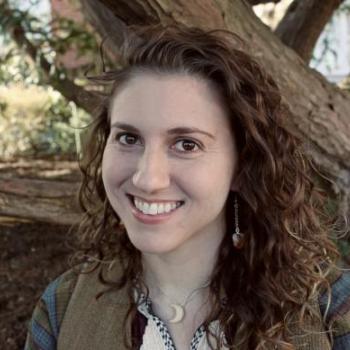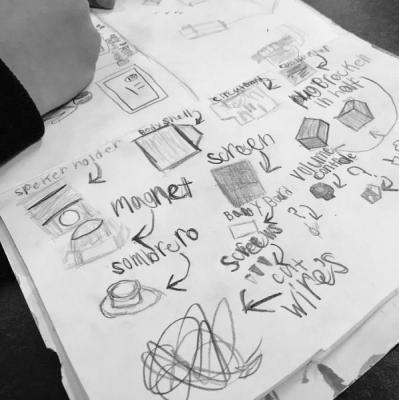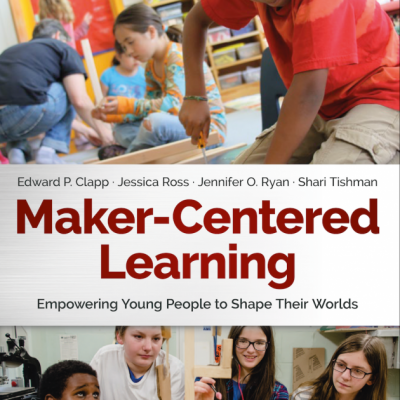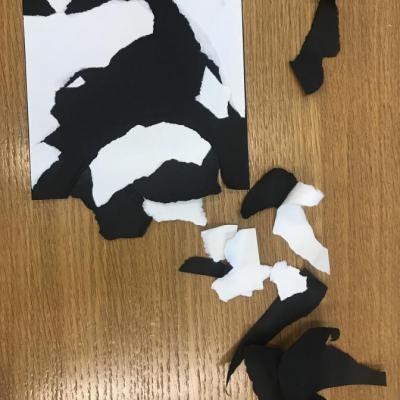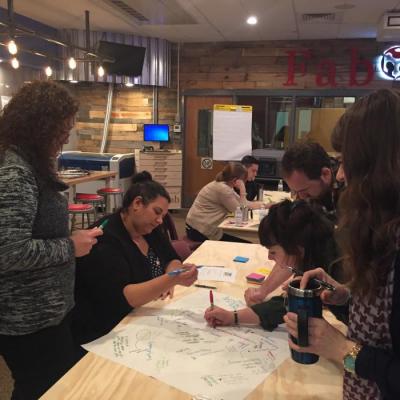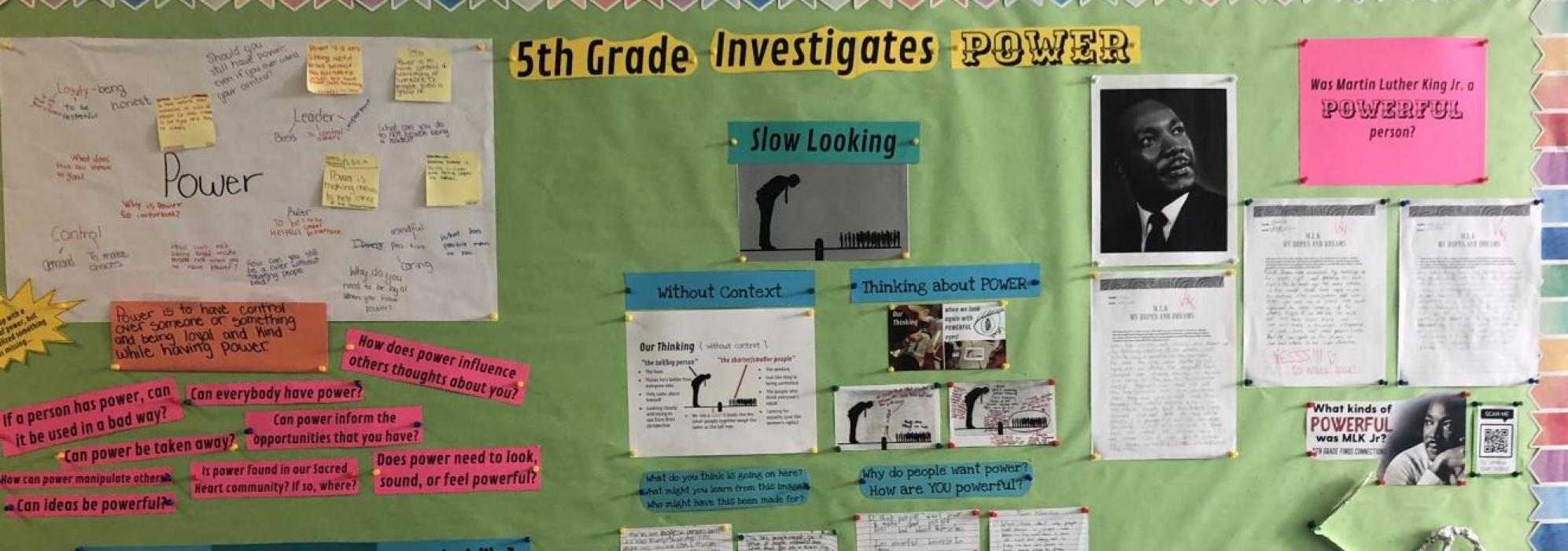
JusticexDesign: Developing a Sensitivity to Designed Injustices
Banner image courtesy of Agnes Gómez and her 5th grade students at Sacred Heart School (School year: 2019-2020).
Agency by Design and JusticexDesign (JxD) extend great appreciation to Jaime Chao Mignano for being a thought partner in conceiving of the JxD project as well as to JxD Origin Educators for their invaluable contributions to this work: Agnes Gómez, Angélica Guerrera, Anne Leflot, Ashley Beck, Gerald D. Smith Jr., Maria Fernanda García, Mark Perkins, Nick Loewen, and Sonia Chintha. Thanks also to educators Julie Rains and Lisa Yokana, who participated remotely in trying out some JxD tools during its pilot year. Sincerest appreciation to Edward P. Clapp and Jim Reese, as well as the Washington International School, for their generous and ongoing support in making JxD possible.
Injustices are by design. Implicit biases and systemic oppressions are built into systems like media, architecture, government, transportation, and time. These human-designed systems can empower or oppress, amplify or silence. Supporting young people to recognize inequities in the everyday designs of systems they encounter is a critical step toward reimagining a more just world.
In their book Design Justice, Communications scholar and activist Sasha Constanza Chock notes the importance of examining the ways design might perpetuate systemic oppression by considering who benefits from design, who is harmed, and how the design of objects and systems might more equitably distribute “design’s benefits and burdens.” Design Justice is a growing field in the realms of design and technology. While the JusticexDesign (JxD) project approaches “design” in more general terms, many of the principles guiding the Design Justice movement resonate with JxD's work.
The JusticexDesign Initiative was founded in May 2019 with support from the Washington International School in Washington, D.C. JxD launched its first professional learning community in October 2019 with a cohort of ten educators, teaching students ages 7-17 in six diverse DC schools, including Title I public schools, Title I Catholic schools, and an international independent school. Since its inception, JxD has been investigating educational strategies that encourage young people to engage critically with the design of their worlds.
Maker-centered pedagogies and learning environments, by design, disrupt traditional models of teaching and learning by positioning the learner as leader and the teacher as facilitator, elevating student voice, and encouraging students to shape their learning experiences. The Agency by Design (AbD) framework for maker-centered learning, its accompanying practices, and the Making Across the Curriculum project are foundational to JxD.
Led by Project Zero researcher and Principal Instigator, Sheya, JxD pilot-year educators participated in a professional learning community—experimenting with JxD tools, meeting in person and online to exchange and share learning, planning classroom collaborations, and challenging themselves—and one another—to approach their teaching practices through the lenses of systems thinking and social justice. Educators co-developed maker-centered classroom tools that support young people to develop a sensitivity to injustices in design, consider the roles of power, participation, history, and context in designs and (re)designs, and reimagine oppressive systems they encounter—such as racism, ableism, xenophobia, heterosexism, and others. Asking critical questions is essential to being sensitive to—and participating responsibly in—the design and construction of the world. Sensitivity to design is a core AbD concept. Learn more about AbD’s framework for maker-centered learning. Explore JxD's suggested questions for promoting a “critical sensitivity to design.”
Learners in middle school and high school redesigned national monuments—through critical historical mending—to represent more inclusive historical narratives; a group of 8th graders examined—through the lenses of representation and power—how multiple countries’ governments responded to a global pandemic; a third grade class countermapped their neighborhood through their eyes to represent what they value—and imagine what they might improve; 7th graders investigated multiple dimensions and complexities of the system of gentrification; 5th grade students mapped their powers; and high school students explored the historic and contemporary effects of colonialism.
JxD tools guided each of the student projects listed above. In particular, People, Systems, Power, Participation (PSPP) encourages the interrogation of the design of complex and unjust systems and is intended to support learners to look critically at content and examine the role(s) of power and participation in the design of objects and systems. In forthcoming Agency by Design Field Notes posts, JxD will publish additional tools and JxD educators will share their experiences and classroom documentation, including details on how they have applied PSPP in their contexts.
JusticexDesign approaches the inequities of today’s world from a systems perspective, infuses in classrooms maker-centered pedagogies that are rooted in justice, and empowers young people to be empathetic, collaborative leaders, committed to designing a more just world. Now more than ever, the complexities and injustices the world is facing demand empathetic, collaborative leaders, committed to designing a more just world.
